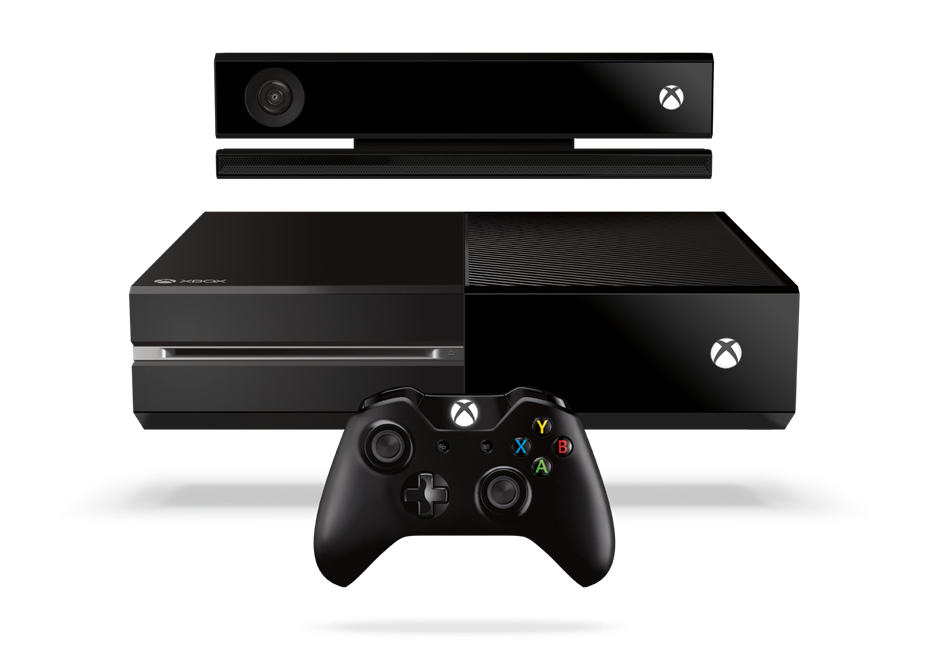The consumer has been heard.

It looks like the overwhelming internet consensus has won the battle with Microsoft’s controversial policies for its Xbox One. Just a couple of weeks after releasing somewhat vague details about the upcoming console’s used game, game sharing, and connectivity restrictions, Microsoft has essentially negated every last bit of its planned policies. Is this a big win for gamers and their hobby, a speed bump on the road to the inevitable, or a big step backward from a glorious future of digital game sharing?
The best answer at this point is that we don’t know what this will mean a few years from now. Certainly, most gaming communities seemed to prefer sticking with the status quo – allowing used games without restriction, allowing trading and renting of physical discs, and allowing games to be played without an internet connection. Sony fed these desires and received huge applause (and pre-orders) by announcing it would be keeping the same policies that the PS3 uses on its new PS4. This fact and the outcry from many corners of the internet apparently had enough of an impact to force Microsoft to change course and return to the rules we’re used to. The only exception is that the Xbox One must be initialized online prior to use, but can be used thereafter without an internet connection – not unlike the way iPads were issued until recently.

As more and more games are purchased online, squabbles over the ability to share, sell, and rent games on discs will fade away, and it’s possible the community will look back on the promises of sharing games with ten “family” members and regret their weeks-long rancor toward the Xbox One. Gamers may also miss the promised ability to log on to your own Xbox Live account on any console and play games that you own. Perhaps, when the time is right Microsoft will resume those initial plans for downloaded titles (as Steam appears to be doing) and we’ll have the best of the Microsoft and community visions.
The other major talking point that Xbox One detractors fall back on is the requirement to have the Kinect system attached and powered on to use the system. There has been no change to this policy, and it is probably less likely to change since it is certain to be tied into the guts of the system a bit more than the game sharing codes. There has been a significant amount of legitimate concern over the camera and microphone being necessary amongst military personnel and others who won’t be allowed to use it due to security requirements, but even that might not be enough to motivate a shift in policies like we saw today.

Regardless of how the Kinect “issue” turns out, the turnabout from the Xbox team today can definitely be seen as a big win for the voice of the consumer. In a world where Steve Jobs wannabes declare that users don’t know what they want, it’s nice to see that a collective complaint can still be heard. Whether this ends up being the best outcome for users, Microsoft, and the medium is a complete unknown until the system is released and we can see how everything shakes out.






Comments